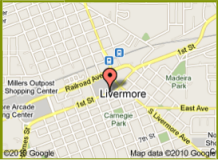Probiotics replenish good intestinal bacteria that antibiotics take away. Doctors say nearly one in three who take antibiotics to treat infection get diarrhea, which may cause them to stop taking the treatment early. In this large review, researchers analyzed 63 antibiotic-infection treatment studies including 11,811 people, who also took probiotics-most commonly Lactobacillus-with their antibiotic treatment. Compared to placebo, those who took probiotics along with antibiotics were 42 percent less likely to have diarrhea as a side effect. People got the benefit regardless of the type or dose of probiotics.
Reference: Journal of the American Medical Association; 2012, Vol. 307, No. 18, 1959-69
From the August 2012 newsletter
